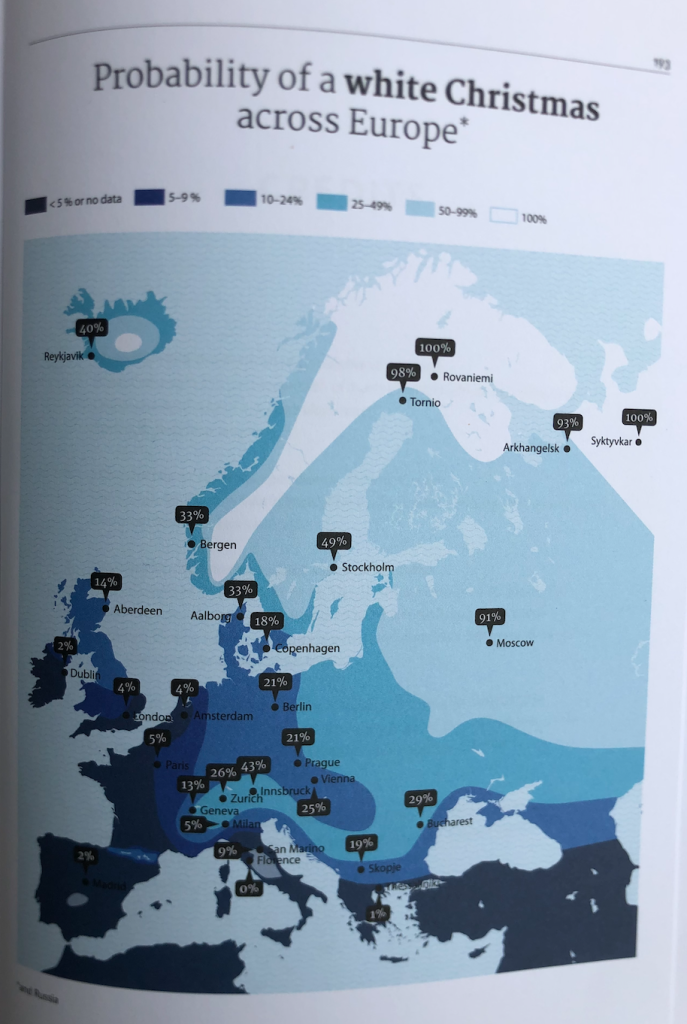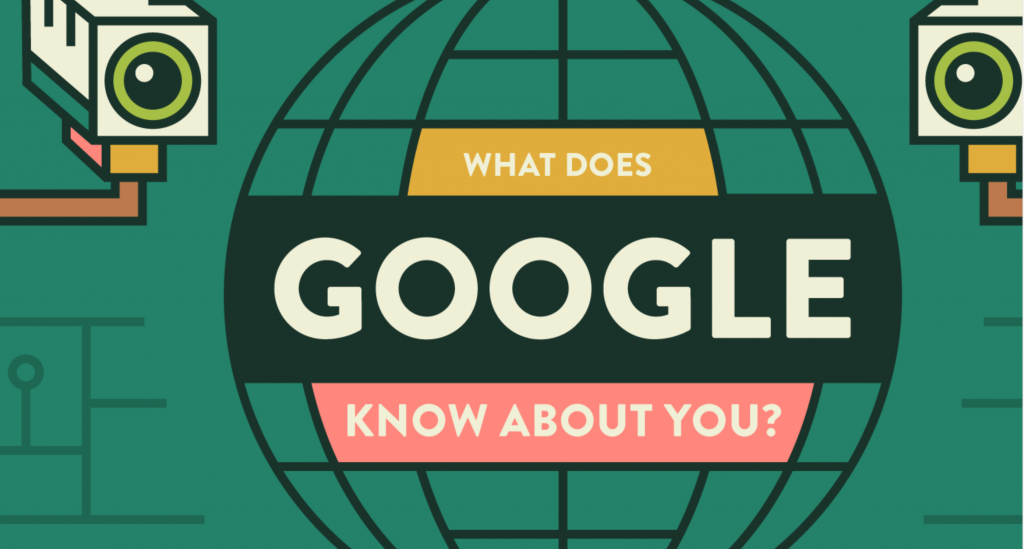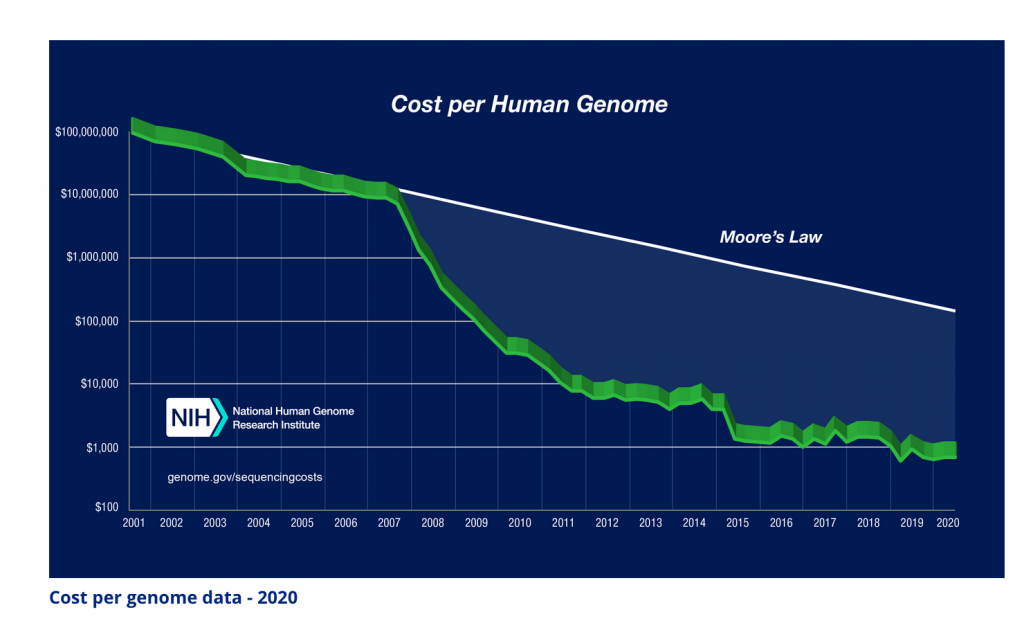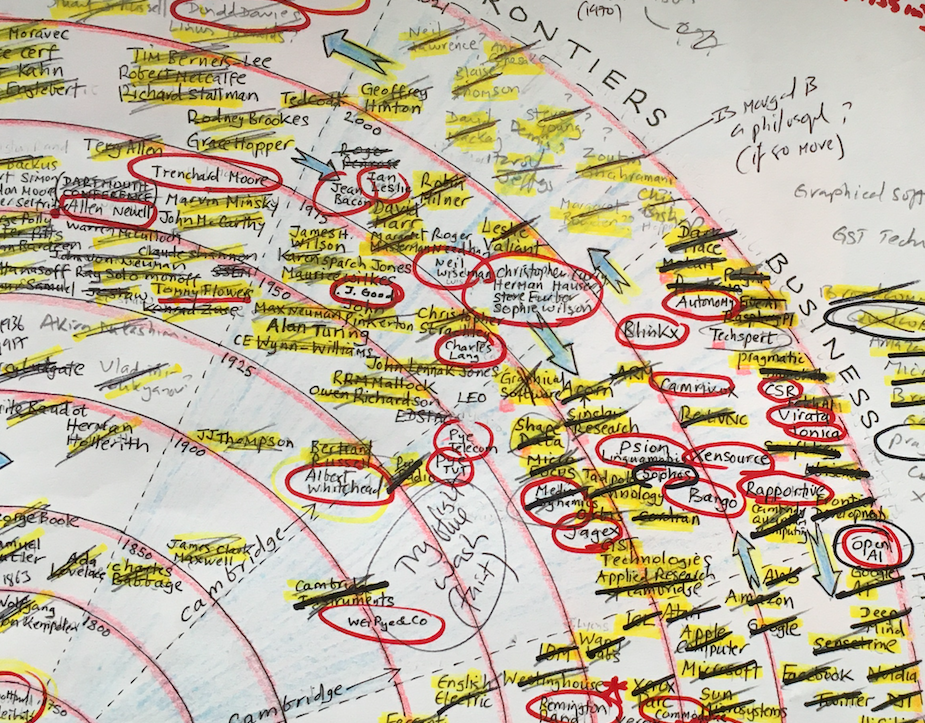
Category Archives: Uncategorized
War in Space
So, the Chinese believe they may have a functioning space solar facility by the year 2035 in which solar energy is collected in space and beamed back to earth via radio waves. I featured space solar technology on the outer edge of my Table of Disruptive Technologies in 2018, but it seems to be happening faster than expected. Then again, this could simply be propaganda. But if it isn’t there could be trouble ahead. Don’t be fooled, data isn’t the new oil, electricity is, and if oil was behind war in the 20th Century so electricity will be behind war in the 21st Century. China has a vast population, but few natural resources and strategically needs to be energy self-sufficient as soon as possible. If energy moves to space then space could be the location of a war between China and the US.

Worried about the Wrong Things
I love the fact that some people are worried about being tracked by a non-existent chip in the Covid-19 vaccine. Are these the same people that wear Apple watches use Facebook and Google? Nice graphic on the way Big Tech watches you here.

Chart of the Week
It’s life Jim, but not as we know it.

Just been listening to Brian Cox saying that water is a prerequisite for life on other planets. But what if life created and sustained by H2O developed into an advanced AGI that used sunlight (or light at least as source of power ) as its fundamental life force? Just saying.
Why assume that what creates and sustains us is required for them? It’s a bit like the assumption that alien life is six foot high and bipedal. Why?
PS- Excuse my ignorance, but I really don’t undrstand how biological life on Earth can emerge from a chemical process and if it can why haven’t we recreated this process?
Stat of the Week
In a recent study, some 70 percent of U.S. mothers reported that they played outside every day as children; only 31 percent of their children do.
Top 4 Megatrends?
I wouldn’t totally disagree with these 4 Mega-trends via McKinsey & Company, although I’m not sure about limiting the list to just 4. Maybe best see my trends map for a contextual overlay. Link for web version here or print version here.





